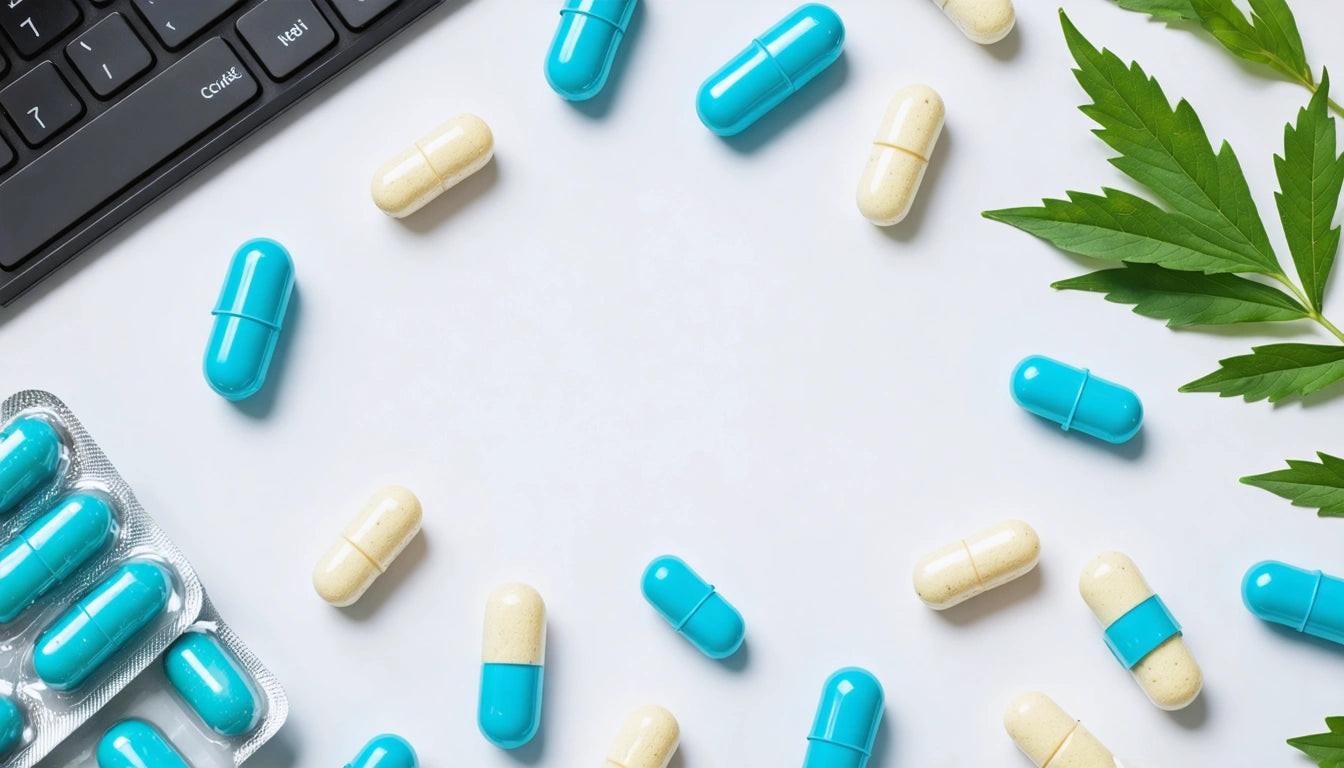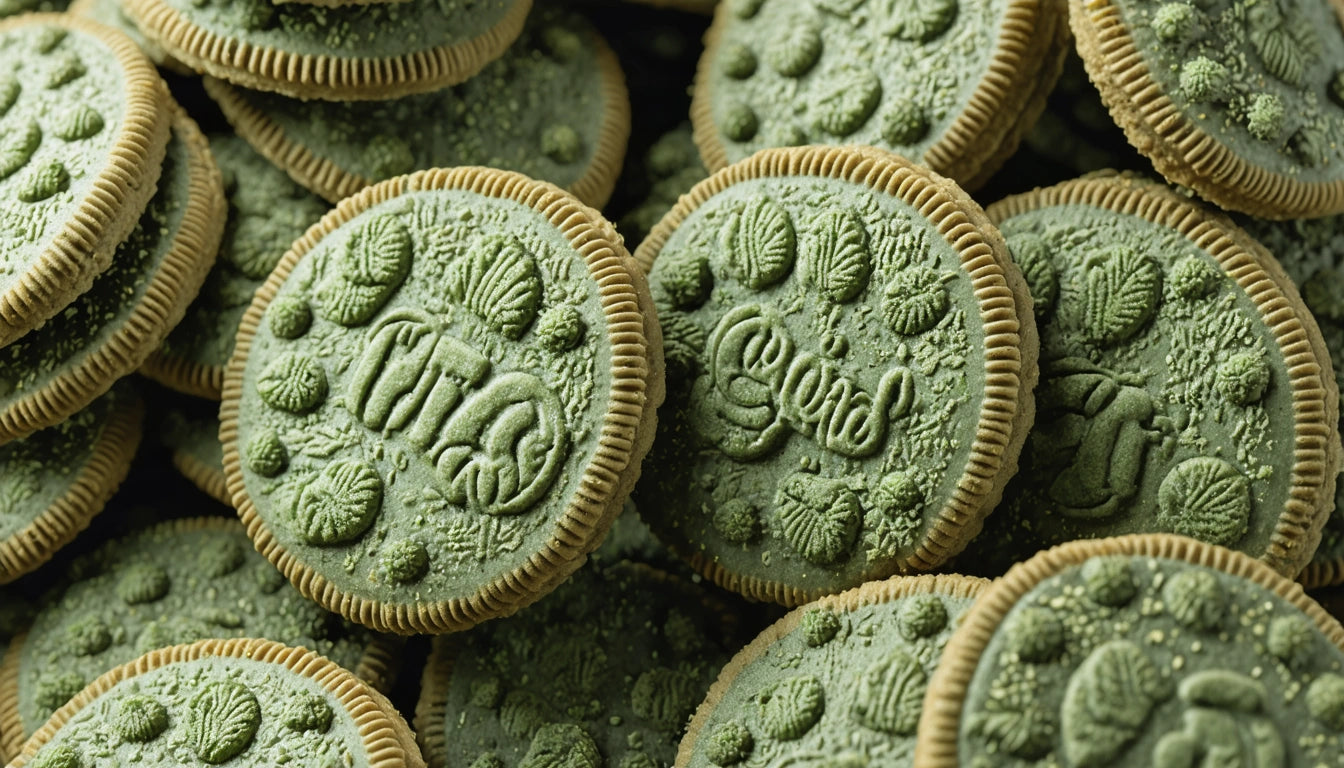Table of Contents
- Understanding False Positive Drug Test Results
- Common Causes of False Positive Results
- Medications and Supplements That Trigger False Positives
- Foods and Beverages That Can Affect Test Results
- Different Testing Methods and Their Accuracy
- How to Dispute a Positive Drug Test
- Prevention Strategies and Best Practices
Understanding and Preventing False Positive Drug Test Results
Drug testing has become a standard procedure in many workplaces, healthcare settings, and legal contexts. While these tests aim to provide objective results, they aren't infallible. False positive drug test results occur when a test incorrectly indicates the presence of a substance that isn't actually in the system. These inaccuracies can have serious consequences, from employment termination to legal complications.
Understanding False Positive Drug Test Results
A false positive drug test happens when a screening test indicates the presence of an illicit substance that the person hasn't actually consumed. These misleading results can occur due to cross-reactivity with other compounds, testing errors, or contamination. According to research on drug test implications, false positives happen in approximately 5-10% of initial screening tests.
Understanding what can cause a false positive drug test is crucial for anyone subject to testing. Many common medications, foods, and even lifestyle factors can trigger inaccurate results that may jeopardize employment opportunities or legal standing.
Common Causes of False Positive Results
Cross-Reactivity Issues
The most common false positive drug test results stem from cross-reactivity, where legal substances have similar chemical structures to illicit drugs. Immunoassay tests, the most frequently used initial screening method, look for drug metabolites by using antibodies that can sometimes mistake legal compounds for illicit ones.
Most Commonly Triggered False Positives
What can cause false positive for amphetamine? Common triggers include certain decongestants, antidepressants, and even some antipsychotic medications. For THC tests, certain anti-inflammatory drugs and proton pump inhibitors may cause issues, as detailed in this analysis of THC false positives.
Medications and Supplements That Trigger False Positives
Many prescription and over-the-counter medications can trigger false positive results. Here's a breakdown of common culprits:
- Amphetamines: Pseudoephedrine, certain antidepressants, and ADHD medications
- Opiates: Certain antibiotics, poppy seeds, and some cough suppressants as outlined in this guide on false positive opiate results
- THC: NSAIDs like ibuprofen (in some cases), CBD products with trace THC
- Benzodiazepines: Some sleep aids and antihistamines
- PCP: Certain antipsychotics and cough suppressants
Can Vitamin B12 Cause a False Positive Drug Test?
While less common, high doses of vitamin B12 supplements have been associated with false positives for some substances in certain testing methods. This typically occurs with older testing technologies that have since been improved. Modern equipment used in professional cannabis processing facilities, such as industrial grinder machines for plant material preparation, often incorporate sophisticated testing capabilities that reduce such errors.
Can Aspirin Cause a False Positive Drug Test?
Aspirin and other salicylates have been known to occasionally interfere with tests for THC metabolites, particularly in older immunoassay methods. The effect is typically dose-dependent, with higher doses creating greater potential for interference.
Foods and Beverages That Can Affect Test Results
What you eat can sometimes trigger false positive results. Certain foods contain compounds that either resemble drug metabolites or affect your body's metabolism in ways that influence testing:
- Poppy Seeds: Can trigger positive results for opiates
- Hemp Seeds/Oil: May contain trace amounts of THC
- Yeast Products: Can affect alcohol testing
- Tonic Water: Contains quinine which may affect some tests
What Can Cause a False Positive Alcohol Urine Test?
Several factors can lead to false positive alcohol readings, including:
- Fermented foods and beverages (kombucha, some breads)
- Certain medical conditions like diabetes that increase natural alcohol production
- Use of alcohol-based hand sanitizers shortly before testing
- Some mouthwashes and breath fresheners
Different Testing Methods and Their Accuracy
Not all drug tests are created equal. Understanding the differences can help you better interpret and potentially challenge results.
Immunoassay Screening
These initial tests are quick but have higher false positive rates. They're usually followed by confirmation testing if positive.
Confirmation Testing
Methods like gas chromatography/mass spectrometry (GC/MS) provide more accurate results and are used to verify positive screening results, as explained in this article on test result interpretation.
How to Dispute a Positive Drug Test
If you receive a false positive result, knowing how to dispute a positive drug test is crucial:
- Request detailed documentation of the test results, including testing method used
- Provide a list of all medications, supplements, and foods consumed in the days before testing
- Ask for a retest using a more accurate method like GC/MS
- Consider getting an independent test from another facility
- Consult with a medical review officer who can interpret results in light of your medication use
- Document everything in writing, including all communications about the dispute
In employment contexts, know your rights under relevant workplace drug testing policies and applicable laws, which vary by jurisdiction.
Prevention Strategies and Best Practices
To minimize the risk of false positive results:
- Inform testing facilities about all medications and supplements you take
- Avoid poppy seeds and hemp products before scheduled tests
- Request confirmation testing for any positive results
- Keep a personal medication log to reference if needed
- Consider disclosing prescription medications to employers before testing
- Research potential cross-reactivity of your medications
Understanding what is the most common false positive drug test (typically for amphetamines and THC) can help you take specific precautions based on your medication regimen.
False positive drug test results, while concerning, can be addressed through proper knowledge, documentation, and advocacy. By understanding what can give false positive drug test results and following best practices, you can protect yourself from unwarranted consequences while still complying with necessary testing protocols.











Leave a comment
All comments are moderated before being published.
This site is protected by hCaptcha and the hCaptcha Privacy Policy and Terms of Service apply.